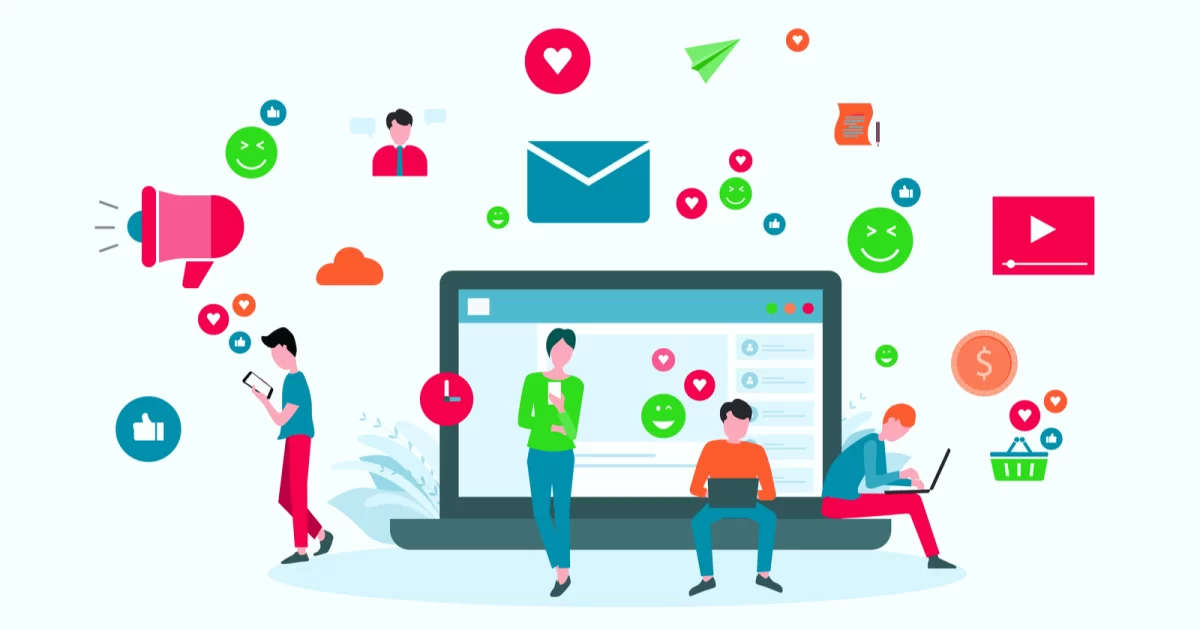Social media and technology have become many forms of entertainment in recent years, with people spending an average of 7 hours and 4 minutes each day staring at screens. While technology has improved how we live in our world today, it seems to have also caused mass distraction, especially among students of all ages.
The average school student shouldn’t do more than two hours of screen time a day, except for school work.
Elementary students typically spend 1-2 hours in front of screens, while middle schoolers can do up to 9 hours. High school students get about 7 ½ hours of screen time a day. This is surprising since middle schoolers and high schoolers spend roughly one-third to one-half of their waking hours in front of screens. But how does all that screen time affect your school performance?
It is well known that spending too much time with screens is connected to having lower performance in schools. But how is that?
Well, one reason is sleep. The blue light made by screens interferes with the production of melatonin, a hormone that is involved with sleeping and waking cycles. As a result, students may have more trouble falling asleep, and have lower sleep quality and tiredness in the day, impacting their health and school performance. This can result in lower grades and lower achievement.
Cortisol, the thing in your body that is linked with stress, is known to be linked to having excessive screen time. As much as 3 hours of screen time can weaken how much cortisol is produced and would lead to you having a better performance.
Poor vision, headaches, dry eyes, depression, and suicidal behavior are usually linked to too much screen time and can lead to mental health issues later on.
Even the fear of missing out is linked to screens and can reduce mental health stability.
Overall, modern technology is a great way to connect with friends and find new interests. But there is always too much of a good thing.
Technology is a great advantage that students and adults use today in life, though what is truly sought is a balance. While technology can strengthen relationships and give entertainment to many people, we should try to not overuse it. Having this balance will boost your mental and physical health in the future, as well as how well you do in school.
In my opinion, social media is something that is used too much. I think we should use it in moderation to keep the good things about it, like connecting with friends and finding out what’s going on in the news. But I want people to know that phones shouldn’t always be on their minds. By reducing the amount of screen time we use to one hour, I think we can explore new interests and find out more about ourselves and the world around us.






